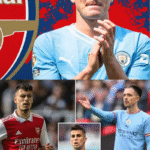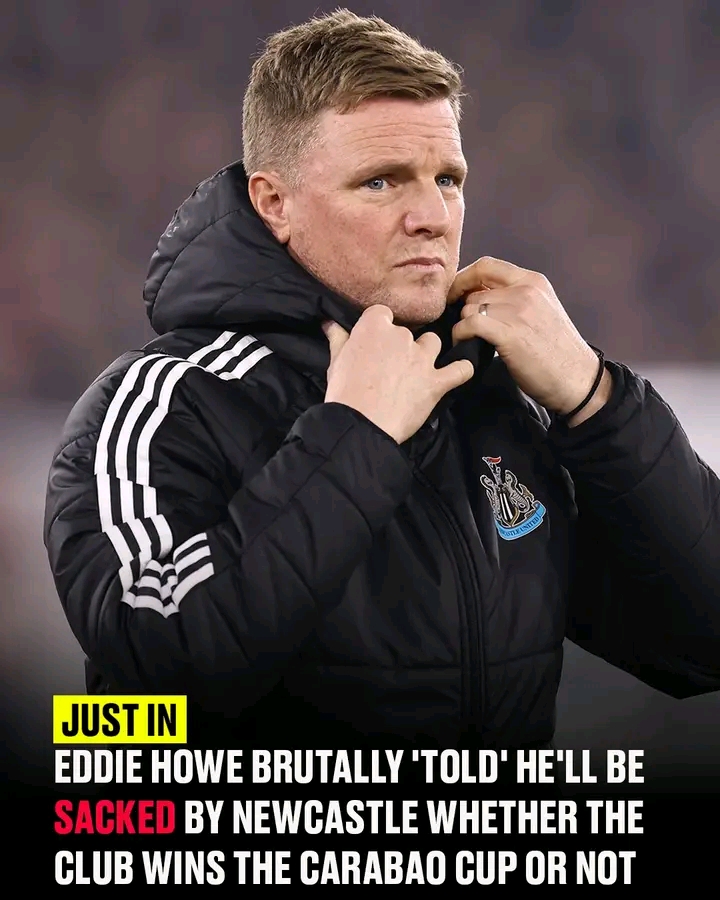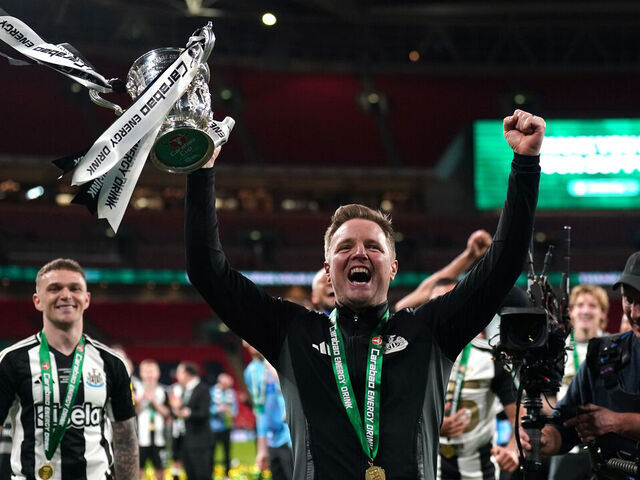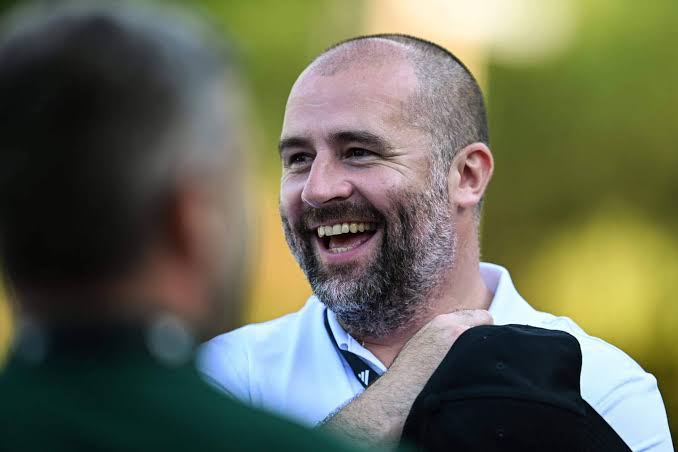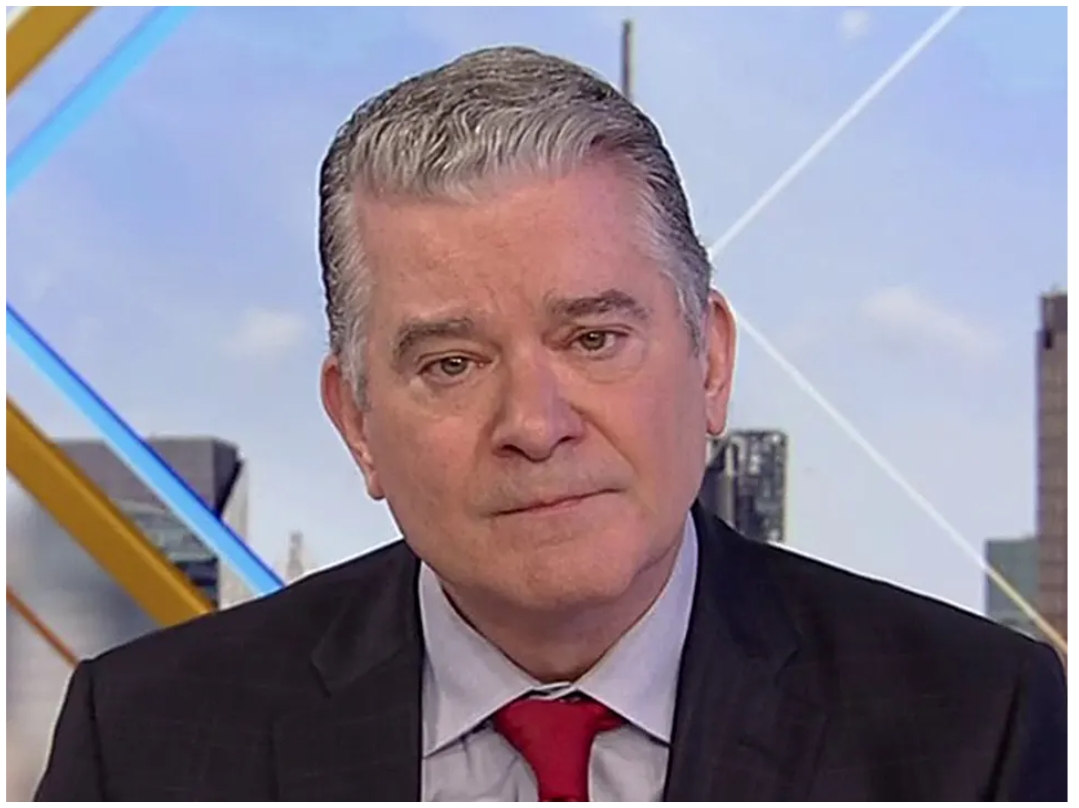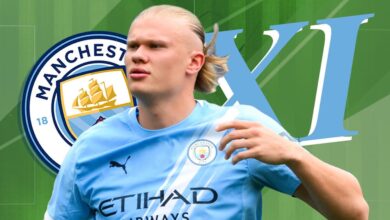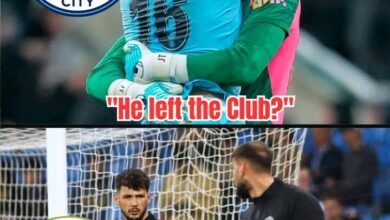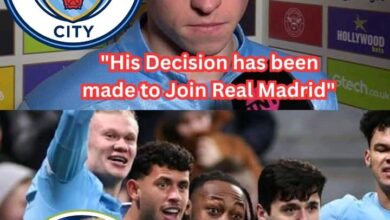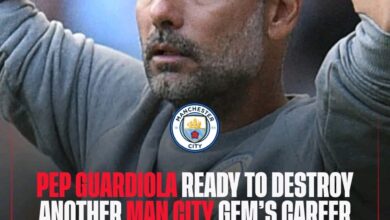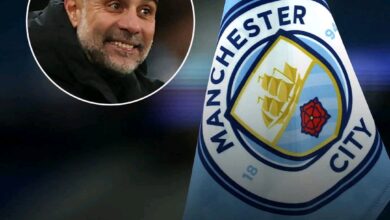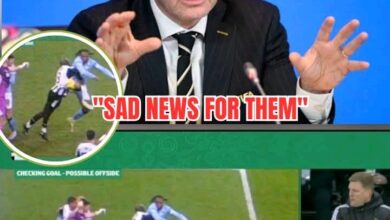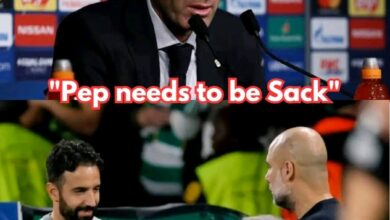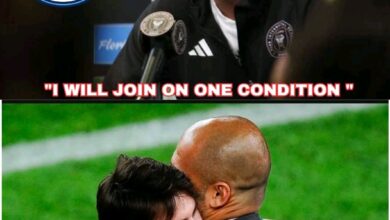Newcastle United revealed the type of players they want to sign to the Team

Paul Mitchell, the newly appointed sporting director of Newcastle United Football Club, has recently provided insight into the type of players he and the club’s manager, Eddie Howe, intend to recruit for the team. Mitchell, who assumed his role following the departure of Dan Ashworth to Manchester United, has been reflecting on what many consider to be a challenging summer transfer window for the club.
During the recent transfer period, Newcastle United was unable to secure what would be typically described as a high-profile signing. The club’s acquisitions were limited to goalkeepers John Ruddy and Odysseas Vlachodimos, defender Lloyd Kelly on a free transfer, and forward William Osula from Sheffield United. Additionally, the loan agreement for Lewis Hall from Chelsea was converted into a permanent transfer.
The relative lack of major signings left many Newcastle United supporters feeling dissatisfied with the club’s performance in the transfer market. This disappointment was particularly acute given the club’s unsuccessful attempts to acquire Marc Guehi from Crystal Palace, despite identifying him as their primary transfer target.
Newcastle United reportedly submitted four separate bids for the England international defender, all of which were rejected by Crystal Palace, who value the player at approximately £70 million. Some reports suggest that Newcastle United may renew their interest in Guehi during the January transfer window.
It has also been reported that a late bid for Nottingham Forest winger Anthony Elanga was unsuccessful. In a recent interview, Mitchell described the club’s current transfer policy as not being fit for purpose, suggesting that changes may be necessary to improve Newcastle United’s effectiveness in the transfer market.
Following this initial interview, Mitchell’s first in his capacity as sporting director, additional quotes have been released in which he provides more detailed information about the type of players he and Eddie Howe are seeking to bring to Newcastle United.
Mitchell emphasized the importance of a shared vision between himself and the manager, stating, “There is commonality in terms of our vision for the team and our philosophy.” He went on to explain that this alignment in perspective is crucial for building strong working relationships within the club.
Mitchell noted that if there were significant disparities between his philosophy and that of others within the organization, it would be challenging to find common ground and achieve a harmonious blend of ideas.
However, Mitchell expressed confidence that such philosophical differences are not a concern at Newcastle United. He described the preferred playing style as aggressive, particularly when the team is playing at home, which aligns with his personal preferences for how a team should approach the game.
Regarding the specific attributes they are looking for in potential signings, Mitchell outlined several key characteristics. He stated that they are interested in players who are very physical and dynamic, but who must also possess a certain level of technical ability with the ball.
This combination of physical prowess and technical skill suggests that Newcastle United is aiming to build a team capable of playing an intense, high-energy style of football while also maintaining the ability to control possession and create scoring opportunities.
Mitchell also touched upon the shared background between himself and Eddie Howe, describing them both as “deep-lying, frustrated ex-footballers that never had a career.” This comment, while somewhat lighthearted, suggests a mutual understanding and shared perspective between the sporting director and manager, which could prove beneficial in their collaborative efforts to improve the team.
The insights provided by Mitchell offer Newcastle United supporters a clearer picture of the club’s recruitment strategy moving forward. By targeting players who combine physical attributes with technical skill, the club appears to be aiming to build a squad capable of competing at the highest level of English and potentially European football.
This focus on a specific player profile comes at a crucial time for Newcastle United. The club’s ambitions have been significantly elevated following its acquisition by a consortium led by the Saudi Arabian Public Investment Fund. With substantial financial resources now available, expectations among supporters have risen accordingly.
However, the club’s ability to spend in the transfer market has been constrained by Financial Fair Play regulations, which limit the amount clubs can spend in relation to their revenue. This has necessitated a more strategic approach to player recruitment, with an emphasis on identifying and acquiring players who not only possess the desired attributes but also represent good value for money.
The upcoming January transfer window will likely be viewed as an opportunity for Newcastle United to address any perceived weaknesses in their squad. The club’s performance in the first half of the season, combined with their ambitions for European qualification, will likely inform their transfer strategy during this period.
Newcastle United’s failure to qualify for European competition last season, despite a strong campaign, has added extra importance to their recruitment efforts. The club narrowly missed out on a European place when Manchester United’s victory in the FA Cup meant that the European spot typically awarded to the cup winners was instead allocated based on league position.
As Newcastle United continues to build for the future under the guidance of Paul Mitchell and Eddie Howe, the club’s supporters will be eager to see how this recruitment philosophy translates into on-field success. The emphasis on physical, dynamic players with technical ability suggests a desire to play an attractive and effective brand of football that can compete with the best teams in the Premier League.
The collaboration between Mitchell and Howe will be crucial in identifying and acquiring players who fit this profile while also integrating seamlessly into the existing squad. Their shared vision for the team’s playing style and overall philosophy should, in theory, lead to a more cohesive and effective recruitment strategy.
As the season progresses, Newcastle United fans will undoubtedly be monitoring the team’s performance closely, looking for signs of improvement and indications of how the club’s transfer strategy is impacting results on the pitch. The January transfer window will provide another opportunity for the club to strengthen its squad, and it will be interesting to see if they return with another bid for Marc Guehi or explore other options that align with their stated player profile.
The comments made by Paul Mitchell regarding the club’s transfer policy and recruitment strategy represent an important step in communicating the club’s vision to its supporters. By providing clarity on the type of players they are targeting, Mitchell and the club’s leadership are setting expectations and providing a framework against which future signings can be evaluated.
As Newcastle United continues its journey under new ownership and with a refreshed leadership team, the coming months and years will be crucial in determining whether the club can translate its ambitions and resources into sustained success on the pitch. The recruitment strategy outlined by Paul Mitchell will play a pivotal role in this process, as the club seeks to build a squad capable of competing at the highest levels of English and European football.
